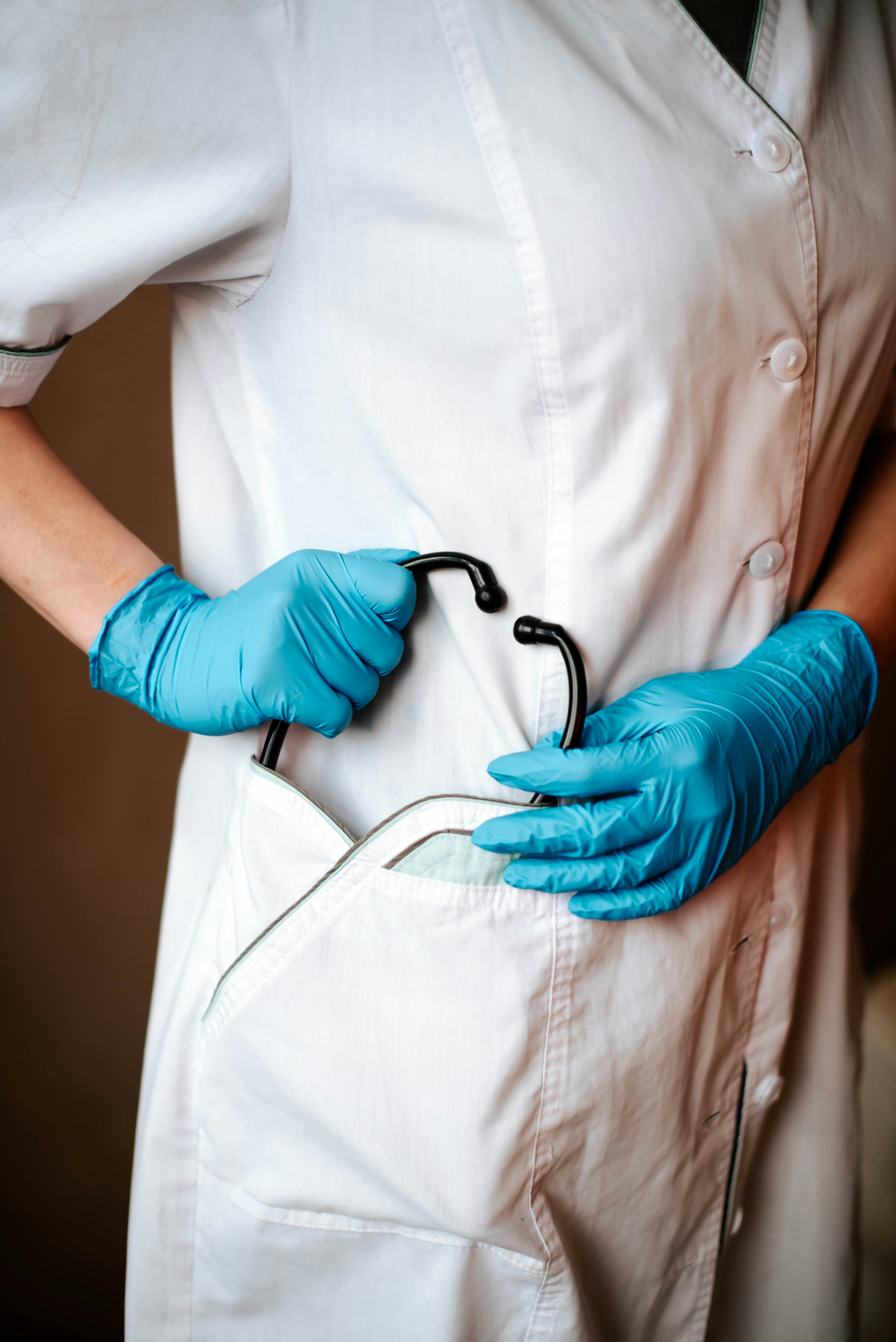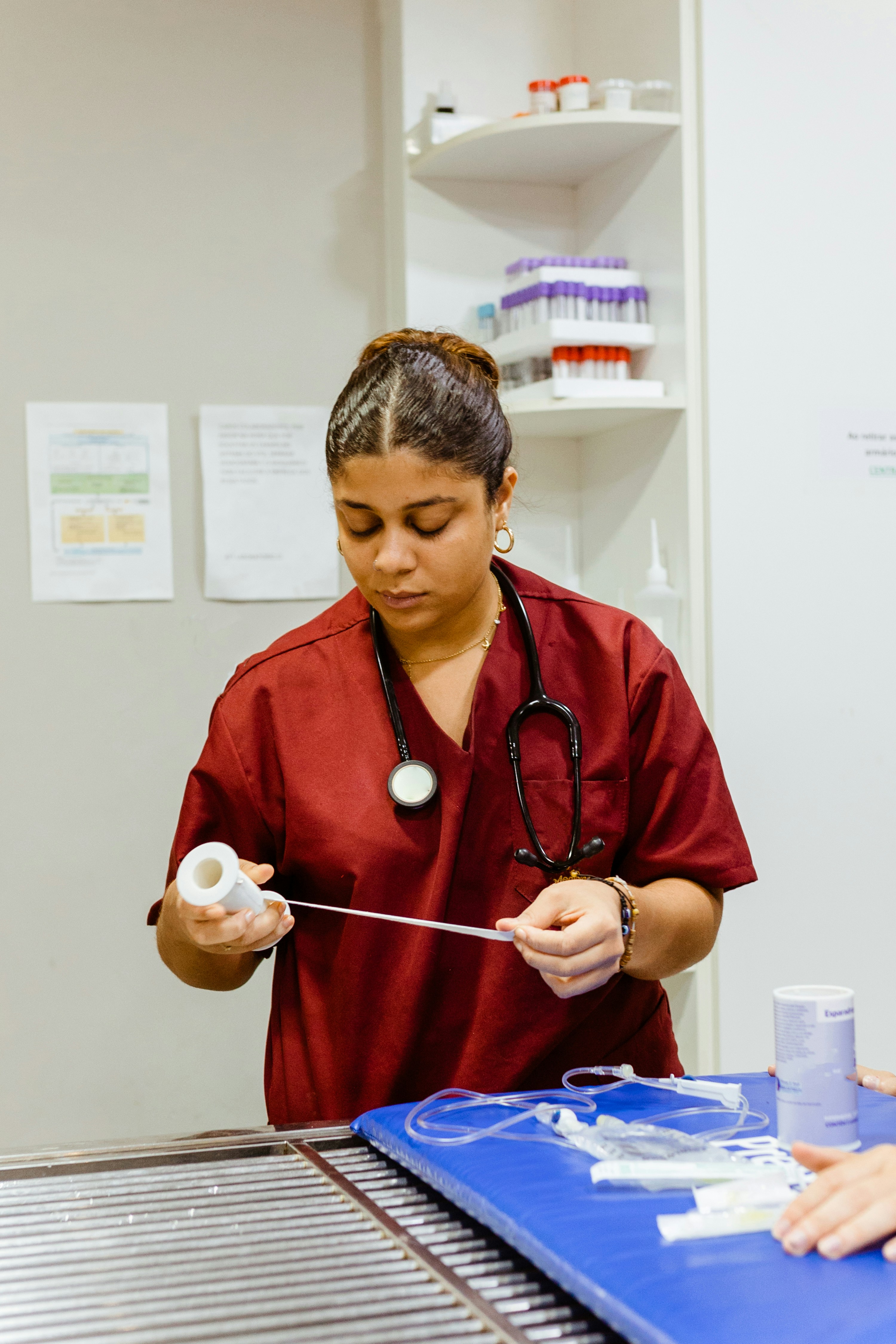Weeks 1–4
Foundations of Healthcare & Patient Interaction
Build a strong understanding of core healthcare principles, from medical terminology (prefixes, suffixes, root words), Anatomy & physiology (body systems and functions), and to hands-on skills like vital signs (blood pressure, temperature, pulse, respiration). Develop patient communication skills, empathy, and the ability to create a welcoming clinical environment.
Weeks 5–8
Clinical Skills & Diagnostic Procedures
Gain hands-on training in specimen collection (blood draws, finger-stick glucose, urine, stool), injection & vaccine administration, EKGs, pulmonary function tests, nebulizer use, diagnostic prep (X-rays, vision & hearing tests, eye/ear irrigation), minor procedures (laceration care, suturing), and basic pharmacology. You'll learn chart documentation and begin mastering real-world clinical workflows.
Weeks 9–12
Administrative Skills & Technical Readiness
Master front-office operations including appointment scheduling, patient reception, and intake procedures. Learn EMR systems, insurance processes, and medical coding (ICD, CPT, HCPCS). Understand HIPAA compliance, medical ethics, and workplace safety protocols (OSHA, universal precautions) while developing skills to support healthcare providers in fast-paced clinical environments.
Weeks 13–16
Externship & Professional Development
Complete comprehensive career preparation including resume refinement, mock interview practice, and professional skills review. Apply all learned competencies during your supervised externship at a local healthcare facility, gaining real-world experience in clinical and administrative medical assistant responsibilities while receiving mentorship and job placement support.


